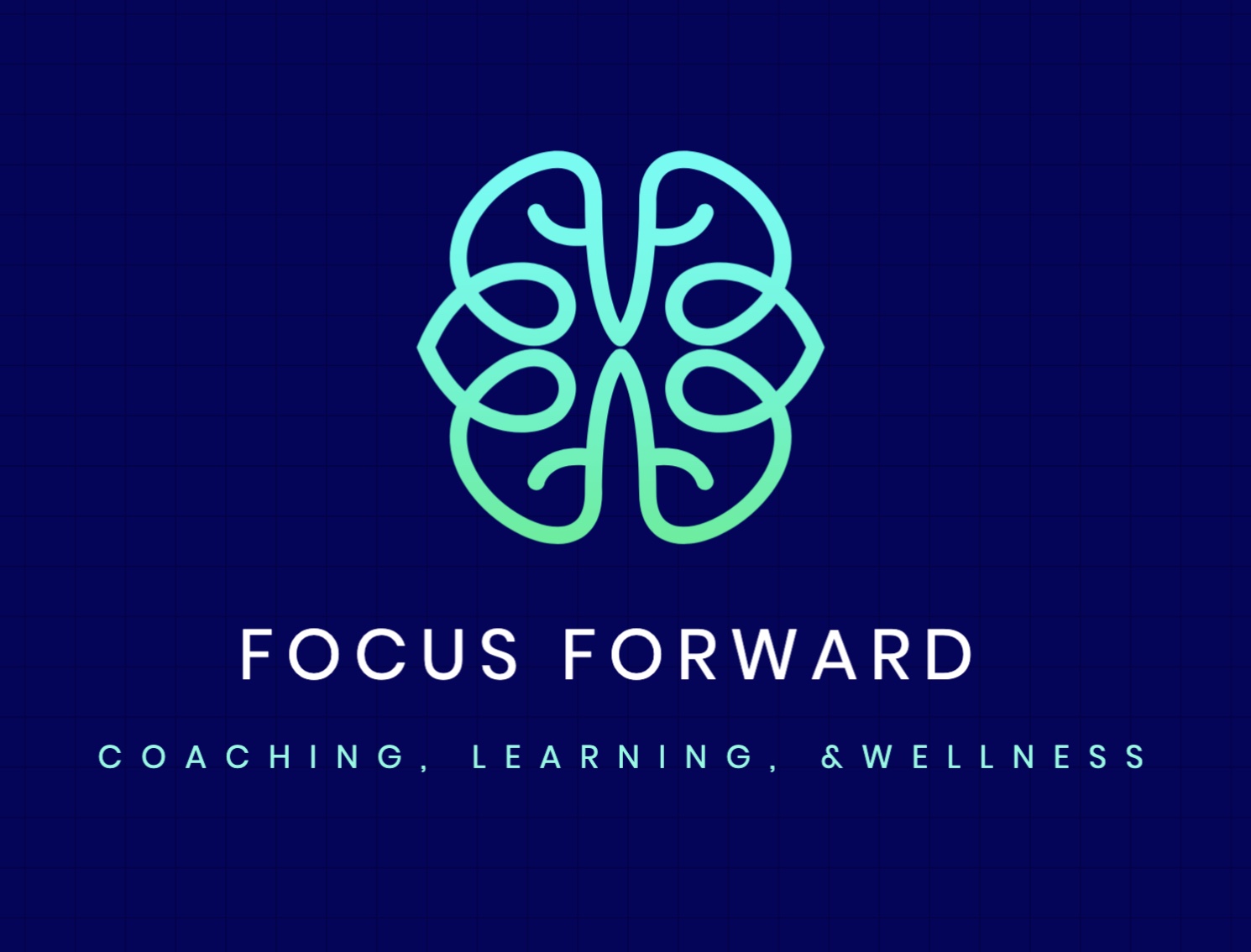Progress
Share
The transition from high school to college is often painted as an exciting new adventure—a time of independence, self-discovery, and growth. But for many students, especially those who thrived in structured high school environments, the shift to college can bring unexpected struggles. If your smart, capable child has recently embarked on their college journey only to find themselves overwhelmed, struggling with time management, or falling behind, you are not alone. And more importantly, there is a solution: executive function coaching.
Why Do Capable Students Struggle in College?
Many high-achieving high school students breeze through their coursework, largely due to built-in structures: teachers who set deadlines, parents who provide reminders, and a predictable daily routine. However, college removes many of those external supports. Suddenly, students are faced with:
- Open-ended schedules with long gaps between classes
- Professors who expect independent time management
- Assignments with distant due dates but heavy workloads
- Increased distractions and social pressures
- The need to self-advocate for accommodations or help
Without strong executive functioning skills—the ability to plan, prioritize, organize, and self-regulate—even the brightest students can flounder.
The Power of Executive Function Coaching
Executive function coaching provides students with the skills and accountability they need to succeed in college and beyond. It is not about hand-holding or doing the work for them. Instead, it is about teaching students how to create systems that foster independence, self-awareness, and resilience.
Key Benefits of Executive Function Coaching:
- Personalized Strategies – Each student has unique strengths and challenges. Coaching helps identify specific barriers to success and creates customized solutions.
- Accountability & Consistency – Regular check-ins ensure that students stay on track and develop habits that lead to long-term success.
- Time Management & Organization – Learning how to break down assignments, manage schedules, and set priorities can make the difference between struggling and thriving.
- Self-Advocacy & Problem-Solving – Many students don’t know how to seek help or use available resources. Coaching builds confidence in navigating college systems.
- Stress Management & Emotional Regulation – The emotional toll of feeling behind or overwhelmed can lead to anxiety and avoidance. Coaching provides tools to manage stress and build resilience.
A Partner in Success: Coaching with Empathy & Expertise
As a trained executive function coach with years of experience in the science of optimal learning, I provide a structured yet supportive approach tailored to each student’s needs. I have been where your student is now, and I understand the challenges they face.
Through our work together, students will not only develop essential skills but also gain the confidence to navigate the complexities of college life. The goal is not just to help them pass their next exam but to empower them with skills that will serve them for a lifetime—because success in college is about more than just intelligence; it’s about having the right systems in place.
Invest in Your Student’s Future
If your child is struggling with the transition to college, know that it’s not a reflection of their intelligence or potential. It’s a sign that they need support in building skills they were never explicitly taught. Executive function coaching is that missing piece—a bridge between high school success and thriving in college and beyond.
Let’s work together to set them up for long-term success. Contact me today to learn more about how coaching can provide the structure, accountability, and tools your student needs to flourish.
Written by: Kristelle Kambanis
Founder of Focus Forward Coaching, Learning & Wellness

